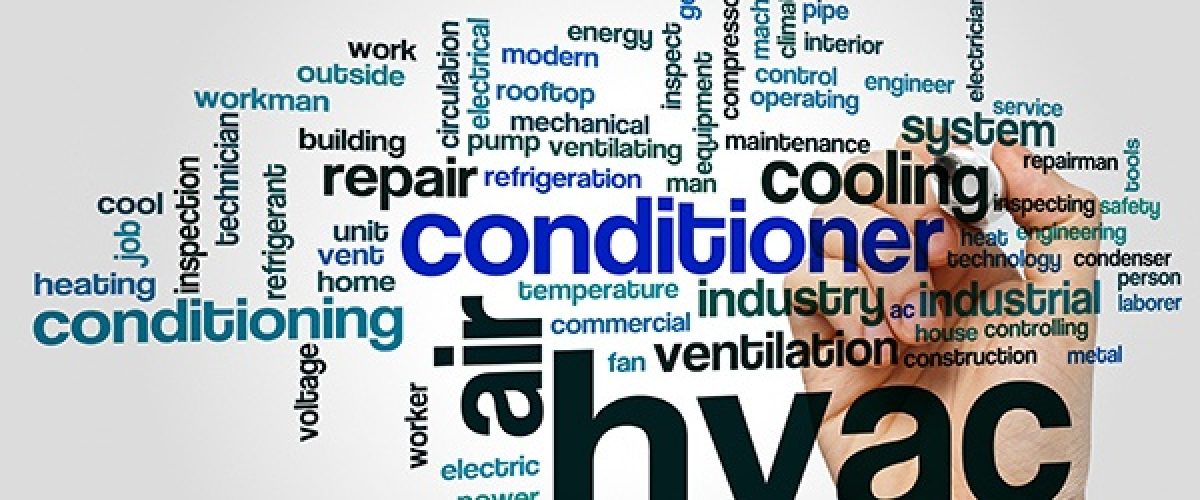Navigating the world of Heating, Ventilation, and Air Conditioning (HVAC) systems can be daunting for many homeowners and business owners alike. Conventional HVAC systems, which include a range of heating and cooling solutions, are fundamental to maintaining a comfortable and healthy indoor environment. In this blog post, we’ll dive into the most frequently asked questions about conventional HVAC systems, providing you with the knowledge you need to make informed decisions about your heating and cooling needs.
What Is a Conventional HVAC System?
A conventional HVAC system refers to a standard heating, ventilation, and air conditioning setup designed to maintain indoor air quality and comfort. These systems typically include components such as an air conditioner for cooling, a furnace for heating, ductwork to distribute air throughout the building, and a thermostat for control.
How Do Conventional HVAC Systems Work?
The operation of a conventional HVAC system can be broken down into its heating and cooling functions. For heating, the furnace heats air, which is then distributed through the ductwork to different areas of the building. For cooling, the air conditioner removes heat and humidity from indoor air, circulating cool air back into the space. The thermostat regulates the temperature by turning the heating or cooling on and off based on the settings.
What Are the Different Types of Conventional HVAC Systems?
- Split Systems: The most common type, where the air conditioner is located outside, and the furnace is inside, often in a basement or utility closet.
- Packaged Systems: All components are housed in a single unit outside the home, making it a good option for homes with limited indoor space.
- Heat Pumps: Although not entirely conventional, heat pumps can serve as both heating and cooling systems and are worth mentioning due to their efficiency.
How Often Should Conventional HVAC Systems Be Serviced?
It is recommended that conventional HVAC systems be serviced at least once a year to ensure they operate efficiently and effectively. Annual maintenance can help identify potential issues before they become significant problems, extending the lifespan of your system.
What Are the Signs That My HVAC System Needs Repair?
Common signs include unusual noises, inconsistent temperatures, high humidity levels indoors, and unexpected increases in energy bills. If you notice any of these signs, it’s wise to contact a professional HVAC technician to diagnose and repair the issue.
Can I Install a Conventional HVAC System Myself?
HVAC system installation requires specialized knowledge, skills, and tools. It’s strongly recommended to have your system installed by a certified and experienced HVAC technician to ensure proper setup and compliance with local building codes.
How Can I Improve the Efficiency of My HVAC System?
Improving efficiency can be achieved through several methods, including regular maintenance, upgrading to a programmable thermostat, sealing leaks in ductwork, and ensuring your home is properly insulated. Additionally, replacing an older system with a more energy-efficient model can significantly reduce energy consumption.
What Is the Lifespan of a Conventional HVAC System?
The average lifespan of a conventional HVAC system is between 15 to 20 years. However, this can vary based on the system type, brand, usage patterns, and how well it is maintained.
How Do I Choose the Right Size HVAC System for My Home?
Choosing the right size HVAC system is crucial for efficiency and comfort. A system that’s too large or too small can lead to increased energy costs and uneven temperatures. HVAC professionals use a set of calculations, often referred to as a Manual J calculation, to determine the ideal system size based on various factors like square footage, insulation levels, and climate.
What Should I Consider When Replacing My HVAC System?
When replacing your HVAC system, consider factors such as the system’s energy efficiency ratings, the size of your home, your climate, and your budget. It’s also a good time to evaluate if your ductwork needs upgrading or if there are other improvements you can make to your home’s insulation or air sealing to enhance overall efficiency.
Conclusion
Understanding the ins and outs of conventional HVAC systems is crucial for making informed decisions about your home’s heating and cooling needs. Whether you’re maintaining, repairing, or replacing your system, knowledge is key to ensuring comfort, efficiency, and longevity. Remember, regular maintenance by a professional is the best way to keep your HVAC system running smoothly for years to come.


